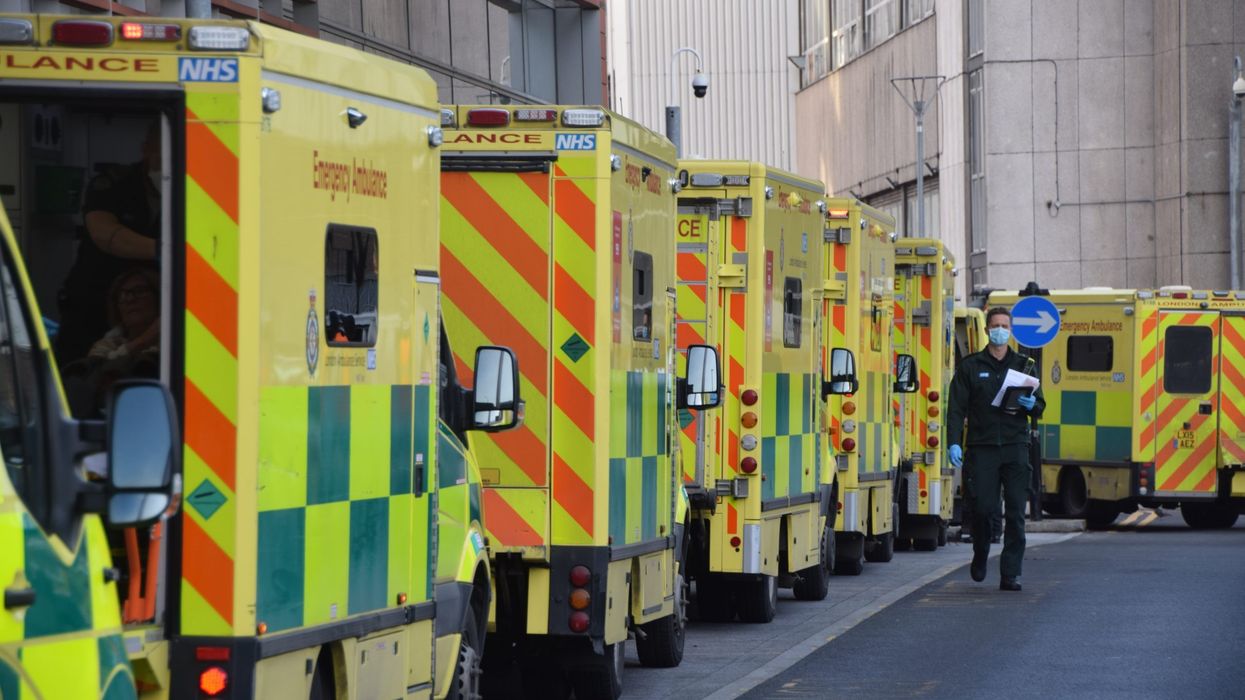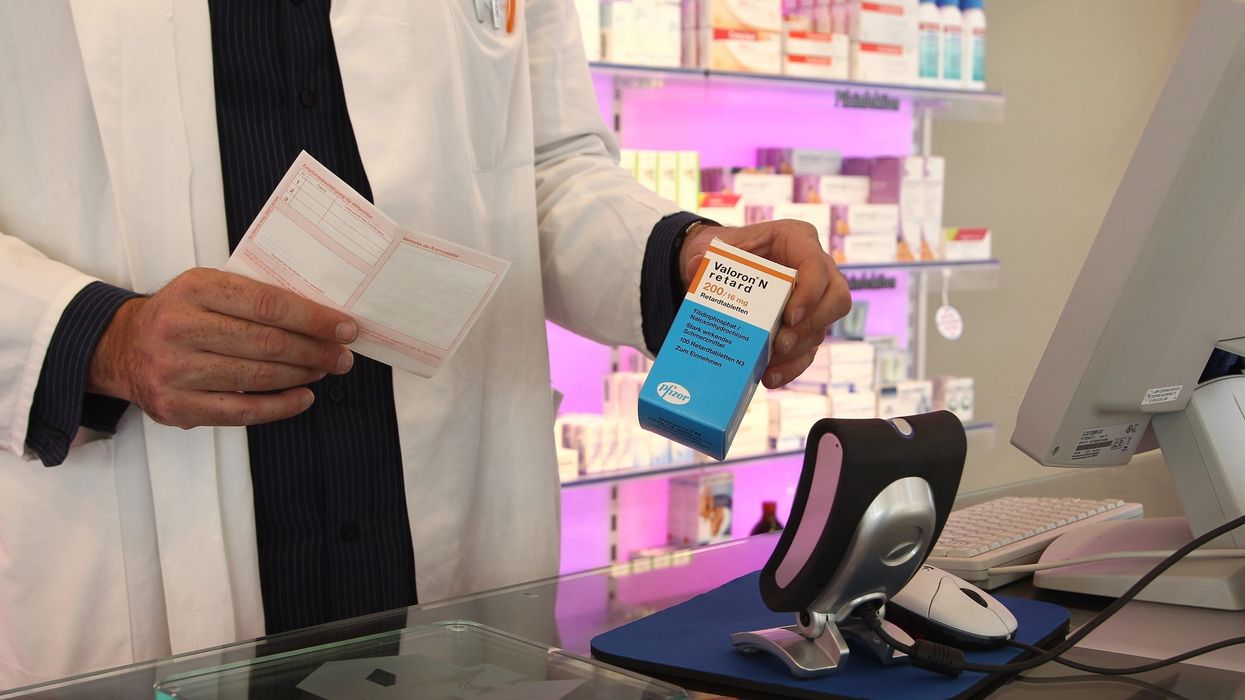The National Institute for Health and Care Excellence (NICE) has recommended a new treatment, ‘avelumab’, for metastatic urothelial cancer.
The recommendation follows a successful appeal by stakeholders against the previous recommendation made by NICE and further evidence from the company, including an increased commercial discount.
The draft guidance recommends avelumab (also known as Bavencio and made by Merck Serono) as maintenance treatment for adults with locally advanced or metastatic urothelial cancer that has not got worse after platinum-based chemotherapy.
Clinical trial evidence showed that avelumab increases both how long people live and the length of time before their disease gets worse compared with best supportive care alone.
Urothelial cancer is a type of bladder cancer and is three to four times more common in men. Around one in 50 men and one in 133 women will be diagnosed with bladder cancer in their lifetime. The majority of cases occur in people aged over 60. The main risk factor for bladder cancer is increasing age, but smoking and exposure to some industrial chemicals also increases the risk.
Helen Knight, interim director for medicines evaluation at NICE, said: “People with locally advanced or metastatic urothelial cancer often have a poor quality of life and a poor prognosis. Avelumab is a promising drug which has the potential to extend life. The committee recognised there are few treatments available to people with this form of cancer, many of whom have to wait until their disease gets worse before they are able to have immunotherapy or further courses of chemotherapy.”
Avelumab is a monoclonal antibody which attaches to a specific protein in the body known as PD-L1. Avelumab works by binding to the PD-L1 protein and blocks its effect. This allows the immune system to attack tumour cells.











